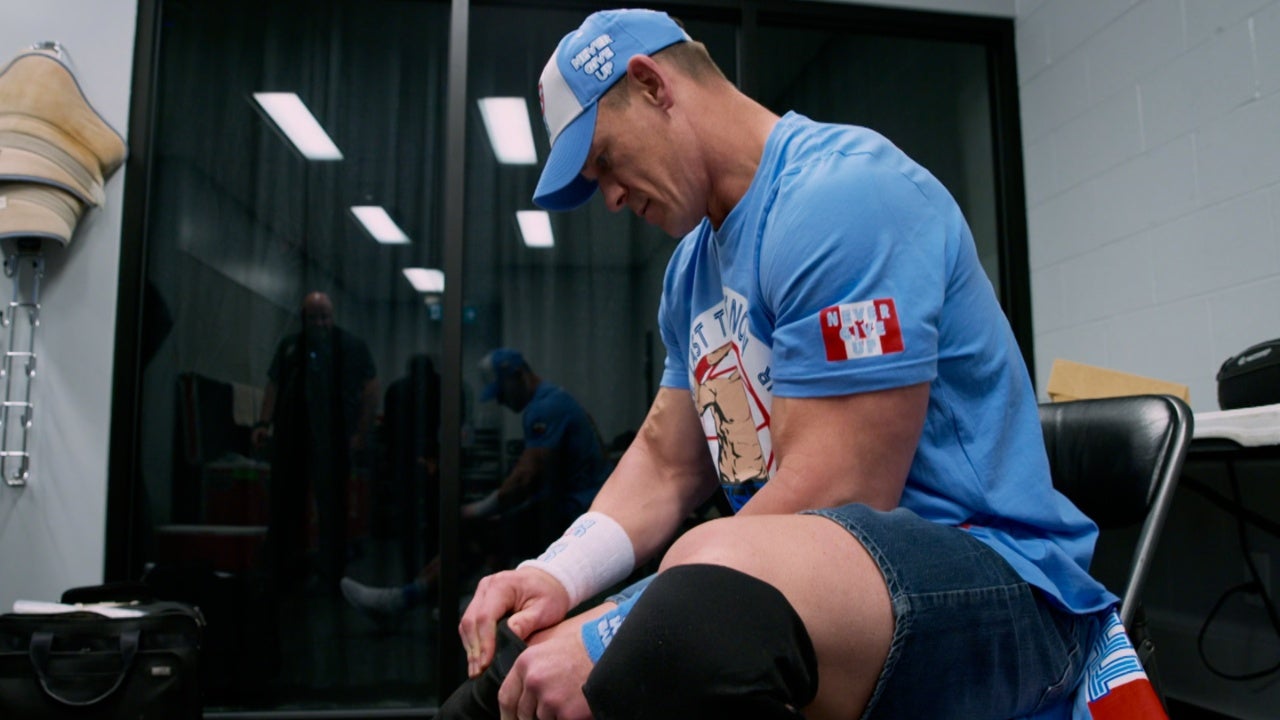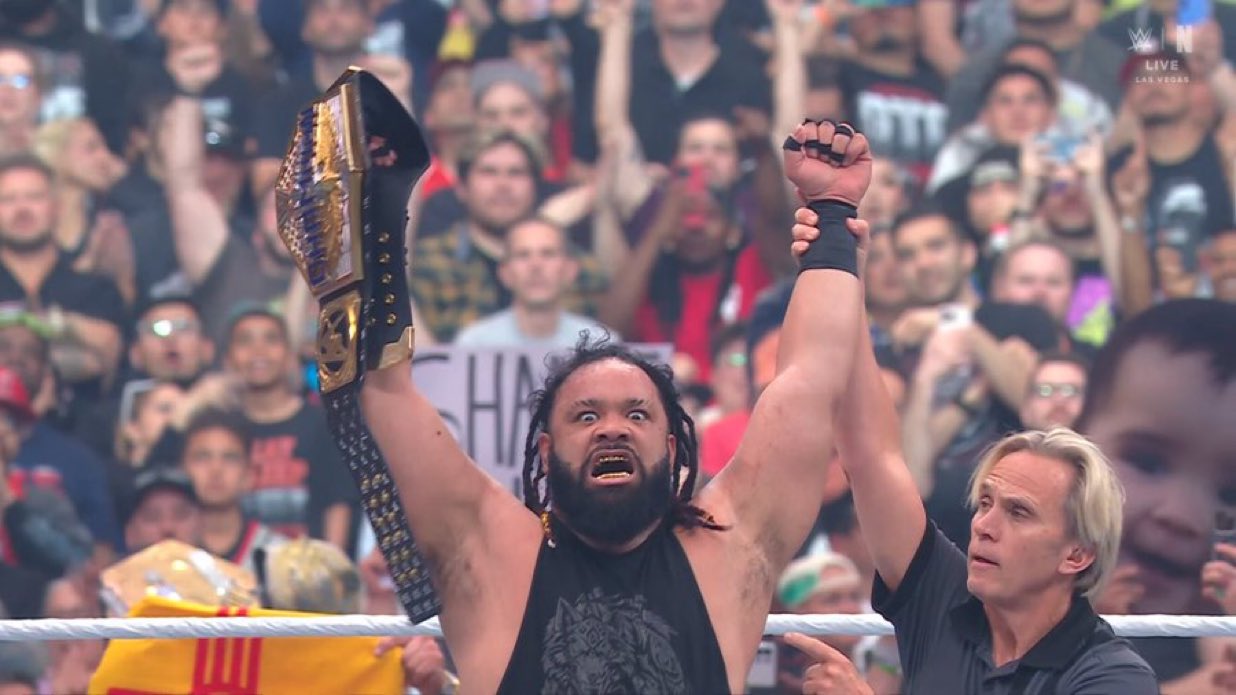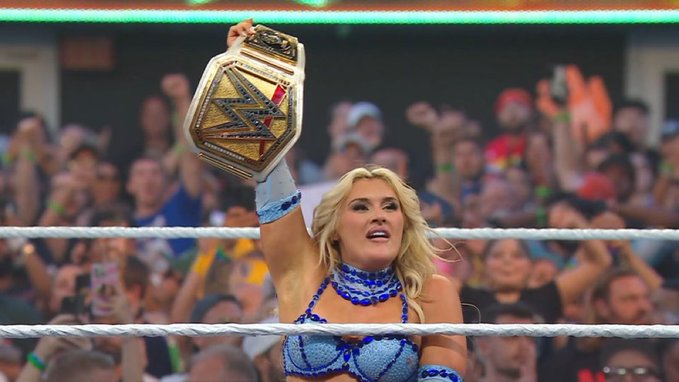Wrestling used to protect its secrets like a sacred code. You weren’t supposed to know who wrote the storylines. You weren’t supposed to know what was scripted. You definitely weren’t supposed to see the whiteboards in the writers’ room. Now, thanks to Netflix, social media, and nonstop fan speculation, the wrestling industry has nothing left to hide. And WWE: Unreal might be the final nail in the coffin.
This Netflix series doesn’t just offer a peek behind the curtain. It tears the entire thing down. What was once an exclusive, members-only brotherhood is now wide open for mass consumption. The message is clear: the mystery is dead, but at least the content is good.
The five-part series is marketed as a celebration of the work and emotion behind WWE’s biggest moments. But it’s also a full-on exposure of how everything comes together. John Cena’s long-awaited heel turn at Elimination Chamber 2025 was supposed to be shocking. But by the time it aired, the internet had already pieced it together. The moment still hit, but not with the impact it deserved. And now, WWE: Unreal tells you exactly how and why it happened, complete with interviews, writing sessions, and behind-the-scenes clips.
Chris Weaver, the director of the series and a producer for NFL Films, had never worked in wrestling before. That didn’t matter. What mattered was access. WWE gave it to him, and Weaver ran with it. He placed robotic cameras in WWE’s writers’ room. He captured whiteboards outlining entire seasons. He filmed talent in emotional moments backstage. The illusion wasn’t just broken. It was repackaged as bingeable content.
Weaver says he didn’t even know about Cena’s heel turn until minutes before it happened. That secrecy, he says, helped drive the urgency of the project. But it also speaks to the tension between protecting the show and feeding the machine. With Netflix involved, there was no way the moment would stay protected for long.
The series covers everything from CM Punk’s emotional return to Charlotte Flair’s difficult path to WrestleMania. The goal is to humanize the talent and show how much thought goes into WWE’s weekly product. And that works. But what gets lost is the magic. The suspension of disbelief that used to be sacred has been replaced by an obsession with knowing how it’s all done.
Wrestling fans used to beg for access. Now they’re drowning in it. Between WWE: Unreal, constant Twitter leaks, Reddit threads, and YouTube breakdowns, there’s nothing left to discover. Everything is explained. Every twist is spoiled. Every story has a commentary track.
Weaver compares the show to Hard Knocks and Quarterback, but the difference is this: Football is real. Wrestling is scripted. Pulling back the curtain in the NFL adds context. In wrestling, it removes the mystique.
For old-school fans, this new era feels like overexposure. For younger viewers, it’s just normal. Wrestling is no longer a world you escape into. It’s a business model built on transparency, clickbait, and streaming partnerships.
The worst part? WWE is in on it. They aren’t fighting the leaks. They’re feeding them. WrestleMania XL: Behind the Curtain was the test. WWE: Unreal is the full rollout. And the reaction has been massive.
But now that we’ve seen everything, what’s left? What happens when the show becomes just another documentary subject? What happens when the audience knows the ending before the story begins?
There was a time when wrestling felt larger than life. Now it feels like another behind-the-scenes series you can watch while scrolling through spoilers.
WWE: Unreal is well-made, emotional, and insightful. But it’s also a reminder that in the modern era, nothing is off limits. Not even the secrets that made wrestling special.




